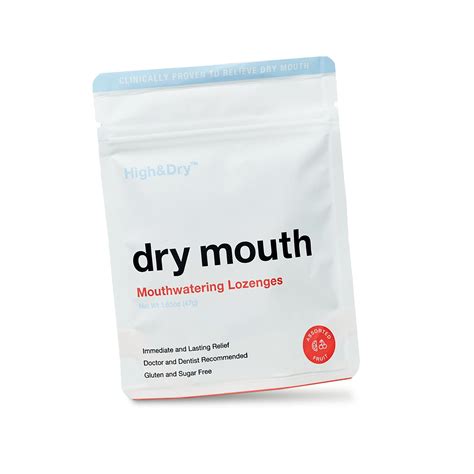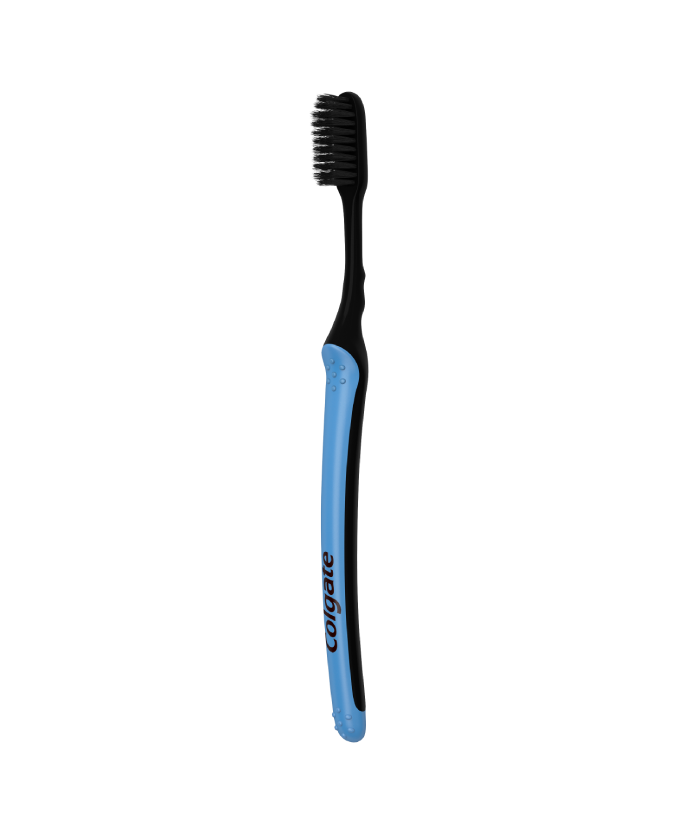Alcohol Dry Mouth: Fix Bad Breath Now

The relationship between alcohol consumption and dry mouth is a well-documented one, with the latter often leading to the unpleasant phenomenon of bad breath. Dry mouth, or xerostomia, occurs when the salivary glands do not produce enough saliva, leading to a decrease in the mouth’s ability to wash away bacteria, debris, and acid. This condition is exacerbated by alcohol, as it has a dehydrating effect on the body, further reducing saliva production. The combination of dry mouth and the bacteria that thrive in such an environment can lead to bad breath, a condition that not only affects an individual’s confidence but also their overall oral health.
Understanding the Dynamics of Alcohol-Induced Dry Mouth
To address alcohol dry mouth and the accompanying bad breath, it’s essential to understand how alcohol impacts the body’s hydration levels and saliva production. Alcohol acts as a diuretic, increasing urine production and leading to dehydration if not balanced with sufficient fluid intake. Dehydration directly affects the salivary glands’ ability to produce saliva, which is crucial for maintaining the oral environment. Saliva helps to neutralize acids, remineralize teeth, and wash away food particles and bacteria that could lead to bad breath and other oral health issues.
Strategies to Combat Alcohol Dry Mouth and Bad Breath
Combating alcohol dry mouth and the resulting bad breath involves a multi-faceted approach that includes lifestyle changes, oral hygiene practices, and potentially, professional dental care.
1. Hydration
The most straightforward way to combat dehydration caused by alcohol is to drink plenty of water. For every alcoholic drink consumed, it’s recommended to have a glass of water to help maintain hydration levels. Additionally, avoiding alcoholic beverages that have a higher concentration of alcohol can help reduce the dehydrating effects.
2. Oral Hygiene
Maintaining strict oral hygiene can help mitigate the effects of dry mouth. This includes brushing teeth at least twice a day with a fluoride toothpaste, flossing once a day, and using an antibacterial mouthwash. Regular dental check-ups are also crucial for identifying any oral health issues early on.
3. Saliva Stimulants
Certain foods and products can help stimulate saliva production. Chewing sugar-free gum or sucking on sugar-free candies can increase saliva flow. Additionally, foods with high water content, such as cucumbers, celery, and watermelon, can help keep the mouth moist.
4. Avoiding Irritants
Avoiding or limiting irritants such as tobacco, spicy foods, and acidic beverages can help reduce discomfort and promote healing in a dry mouth.
5. Professional Advice
In cases where dry mouth persists and significantly affects the quality of life, consulting a healthcare provider or a dentist is advisable. They can provide guidance on the best course of action, which may include prescription medications that stimulate saliva production or specialized oral care products designed for dry mouth.
The Role of Diet in Managing Dry Mouth and Bad Breath
Diet plays a critical role in managing dry mouth and associated bad breath. Foods that are high in sugar, salt, and acid can exacerbate dry mouth by further dehydrating the body and providing a conducive environment for bacteria to thrive. On the other hand, a diet rich in fruits, vegetables, whole grains, and lean proteins can help maintain oral health and reduce the symptoms of dry mouth.
Future Trends in Oral Care: Addressing Dry Mouth and Bad Breath
As research into oral health continues, there are emerging trends and technologies aimed at better managing dry mouth and bad breath. These include the development of advanced saliva substitutes, oral probiotics designed to promote a healthy oral microbiome, and innovative dental materials that can help prevent tooth decay and gum disease in individuals with dry mouth.
Conclusion
Alcohol-induced dry mouth and the resulting bad breath are conditions that can be managed with the right approach. By understanding the causes, adopting strategies to maintain hydration and oral hygiene, and potentially seeking professional advice, individuals can mitigate the negative impacts of dry mouth and promote a healthier, fresher mouth. As awareness and research into oral health continue to grow, it’s likely that even more effective solutions will emerge, helping individuals enjoy better oral health and overall well-being.
What are the most common causes of dry mouth, aside from alcohol consumption?
+Besides alcohol, common causes of dry mouth include certain medications, medical conditions such as diabetes and Sjögren’s syndrome, hormone changes, and aging. Additionally, breathing through the mouth instead of the nose, especially during sleep, can lead to dry mouth.
How can I tell if I have dry mouth, and what are the early signs?
+Early signs of dry mouth include a sticky, dry feeling in the mouth, difficulty swallowing, sore throat, and bad breath. As dry mouth progresses, it can lead to more severe issues like tooth decay, gum disease, and mouth sores. If you’re experiencing any of these symptoms, it’s crucial to visit your dentist for proper evaluation and advice.
Are there any natural remedies for bad breath caused by dry mouth?
+Yes, there are several natural remedies that can help alleviate bad breath caused by dry mouth. Drinking plenty of water, chewing on parsley or basil, and eating foods high in fiber like apples and carrots can help stimulate saliva production and freshen breath. Additionally, practicing good oral hygiene and avoiding foods that trigger bad breath can also be beneficial.


